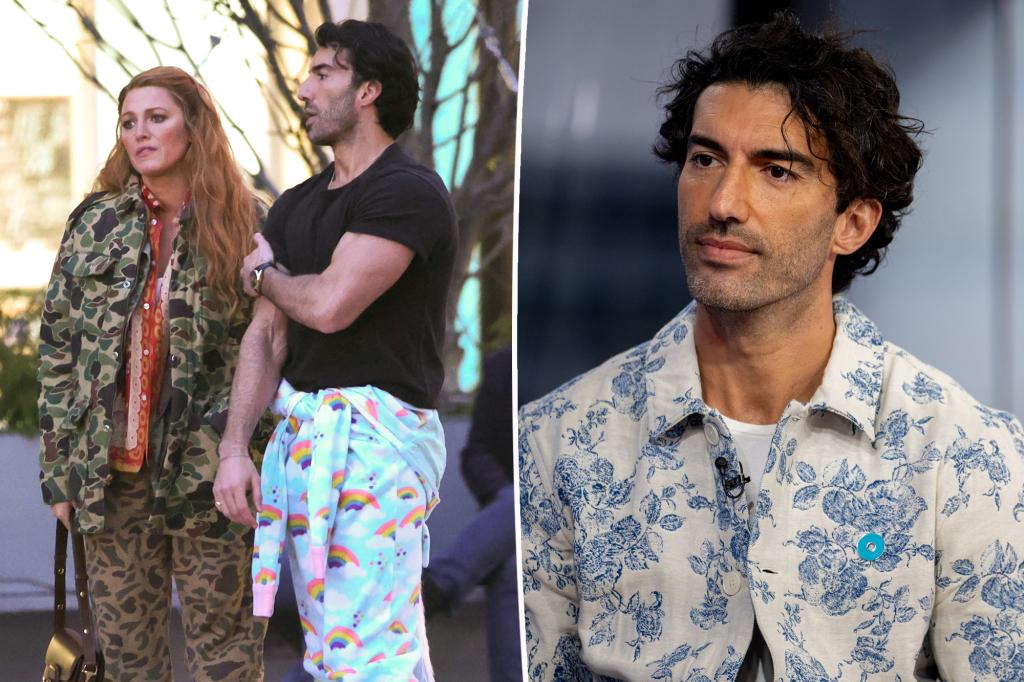Justin Baldoni filed a $250 million lawsuit against the New York Times for publishing a story regarding sexual harassment allegations made by his co-star Blake Lively. The lawsuit was filed in the Los Angeles Superior Court and lists 10 plaintiffs, including Baldoni’s publicists, who are accusing the outlet of libel and false light invasion of privacy. Producers of the film “It Ends With Us” also allege that the Times altered communications without providing necessary context and breached implied contracts.
In response to the allegations, the Times defended their story, stating that it was meticulously and responsibly reported based on thousands of pages of original documents. The Times asserts that to date, Baldoni and other subjects of the article have not pointed out any errors and that they plan to vigorously defend against the lawsuit. Blake Lively’s representatives have also responded, expressing their readiness to address Baldoni’s allegations in court and emphasizing that they stand by Lively’s claims of sexual harassment.
Lively had previously filed a sexual harassment complaint against Baldoni and alleged that he engaged in inappropriate behavior on set, including showing nude images and videos to her. Lively also claimed that Baldoni coordinated a smear campaign to damage her reputation and made numerous inappropriate comments and actions while filming. Baldoni and Wayfarer Studios’ attorney have denied these allegations, calling them false and stating that Lively has made multiple demands and threats throughout the production process.
Throughout the production of “It Ends With Us,” sources claim that Baldoni made Lively feel uncomfortable on set, particularly in regards to her figure. Lively reportedly felt insecure about her weight and believed that Baldoni was fat-shaming her. The actress also faced criticism during promotional activities for the film for her handling of questions related to the theme of domestic violence. Lively’s legal team has maintained that her complaints and allegations in relation to the harassment are valid and that she hopes her actions will shed light on retaliatory tactics within the industry.
The lawsuit filed by Baldoni and others against the New York Times focuses on the portrayal of Lively’s sexual harassment claims and the alleged bias in the reporting. The lawsuit argues that Lively’s decision to file a complaint rather than a lawsuit was strategically made to avoid further scrutiny and legal obligations. Baldoni’s legal team has refuted Lively’s claims of harassment and inappropriate behavior and is preparing to defend their client against the accusations raised by Lively and her representatives. The legal battle surrounding the production of “It Ends With Us” continues to unfold, with both parties maintaining their positions and continuing to pursue legal action.


